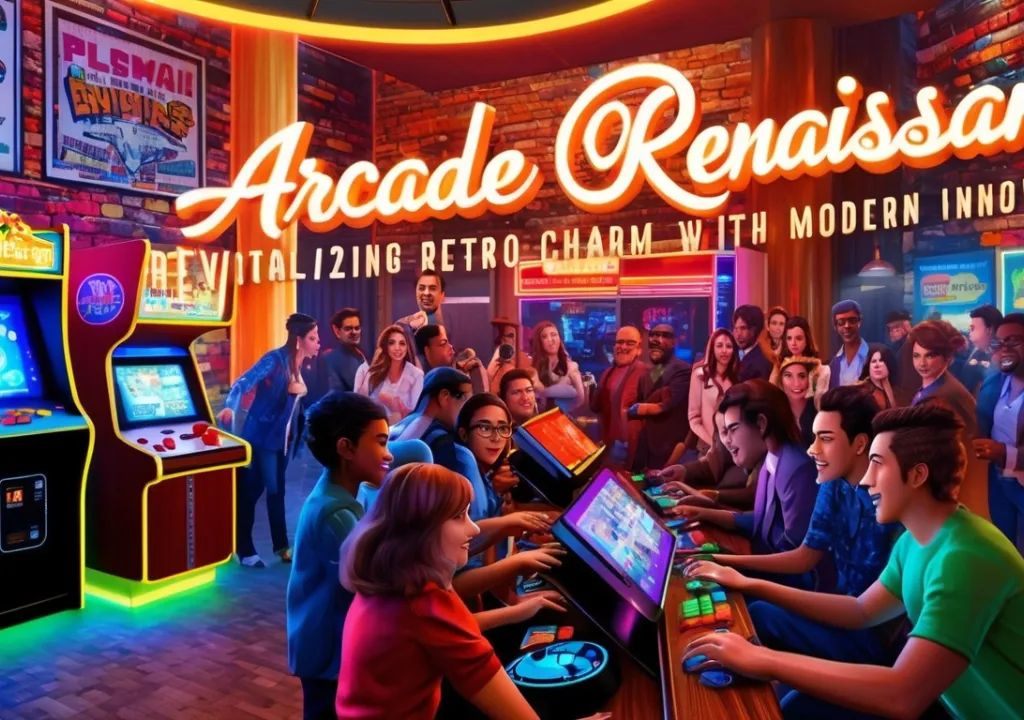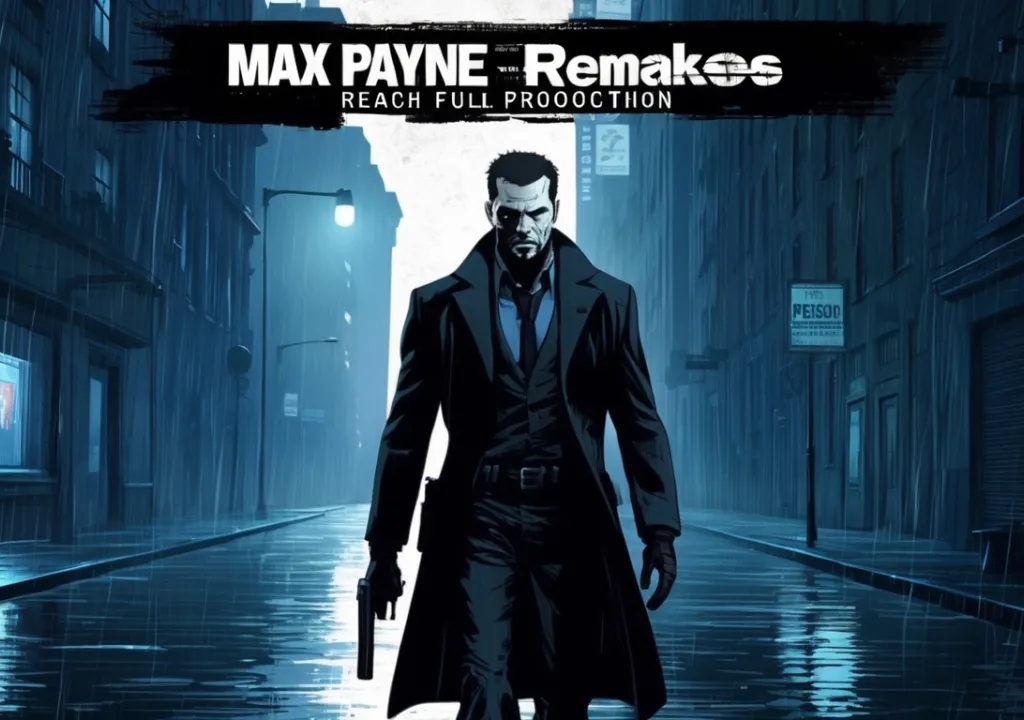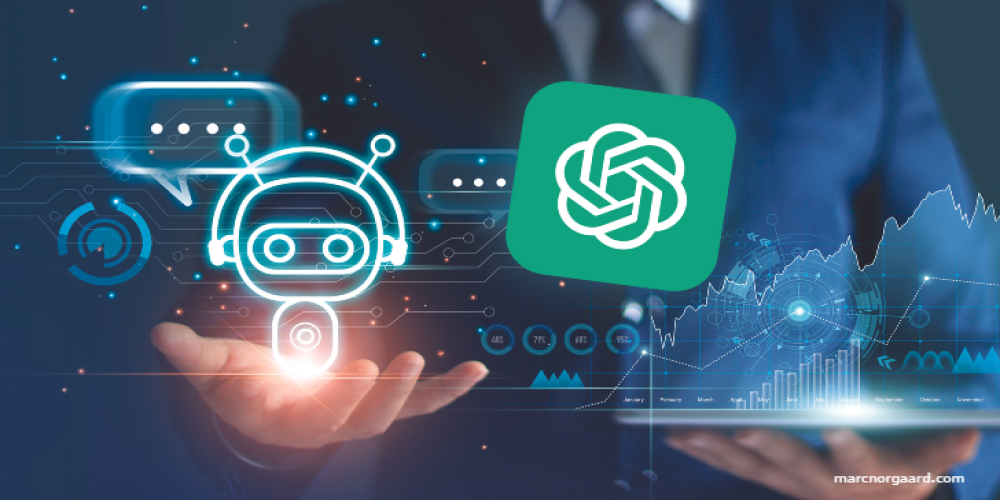
In the ever-evolving landscape of artificial intelligence, conversational models have become a centerpiece for businesses and individual users alike. ChatGPT, developed by OpenAI, has set a remarkable standard in this domain. However, the realm of conversational AI is brimming with innovation, offering a slew of fascinating alternatives that each bring their own unique flavor to the table. In this comprehensive overview, we will explore the 10 best ChatGPT alternatives that have made a significant impact in 2023, each offering distinct features and use cases that might suit different needs better than others.
1. Google's Meena
As a direct competitor in the conversational AI landscape, Google's Meena prides itself on its ability to handle multiturn dialogue with a high degree of comprehension and context awareness. Built on a massive 2.6 billion parameter end-to-end trained neural conversational model, Meena boasts a wide-ranging conversational scope and nuanced understanding. Its SSA (Sensibleness and Specificity Average) metric ensures interactions that are not only coherent but also contextually specific. Users in various industries find Meena's versatility and conversational depth to be particularly useful for customer service automation and personal virtual assistance.
2. XiaoIce
Developed by Microsoft, XiaoIce is a social chatbot primarily popular in China. Unlike many chatbots that focus squarely on knowledge queries or task completion, XiaoIce excels in creating emotional connections with users. Equipped with an empathetic computing framework, this AI model engages in millions of fluent and lifelike conversations daily, understanding emotions and responding with empathy. For brands aiming to build strong customer relationships or provide a friendly, compassionate AI presence, XiaoIce offers a remarkable solution.

3. Kuki by Pandorabots
Previously known as Mitsuku, Kuki is an award-winning chatbot from Pandorabots that has repeatedly won the coveted Loebner Prize Turing Test. Kuki's conversational abilities are renowned for their human likeness, built on the flexible AIML (Artificial Intelligence Markup Language) technology. It leverages a vast knowledge base and contextual understanding to deliver engaging interactions. Among chatbot aficionados and developers who desire a customizable and nuanced AI conversation partner, Kuki remains a top choice.
4. Replika
Replika stands out among AI companions by providing a highly personalized chatbot experience. Powered by neural networks, it adapts and learns from interactions with the user to form a unique relationship and personal growth experience. Its natural language processing abilities enable it to handle a variety of topics, from everyday chit-chat to deep and meaningful conversations. Users seeking a friendly AI companion or businesses wanting to offer a personalized user experience can find in Replika an alternative that grows with each conversation.
5. BERT by Google
Diving into a more specialized niche, BERT (Bidirectional Encoder Representations from Transformers) by Google is a powerhouse in the chatbot ecosystem due to its deep understanding of the context within language. BERT's architecture allows it to interpret the nuance of words in search queries, thus providing more relevant responses. Content creators and SEO specialists apply BERT to enhance content discoverability, while businesses incorporate it for more intelligent customer interactions, especially in technical support domains.
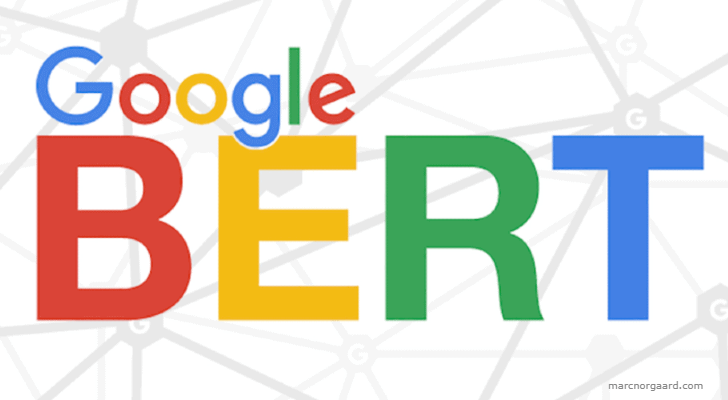
6. GPT-3.5-driven AI from EleutherAI
For those hungering after ChatGPT-like capabilities but with an open-source twist, EleutherAI's GPT-Neo and GPT-J models present compelling alternatives. Powered by GPT-3.5 architecture, these models maintain high-quality conversational abilities and generative tasks but thrive in an ecosystem where developers have the freedom to customize and scale as per their requirements. AI researchers and hobbyists often opt for EleutherAI's offering to experiment with new conversational AI applications or to integrate powerful language models into their current systems without restrictions.
7. DialoGPT from Microsoft
Continuing the lineage of GPT models, Microsoft's DialoGPT is a conversational model designed specifically for dialog generation. Trained on large datasets of dialogues, it excels at generating human-like responses in a chat format. This model is particularly apt for developing chatbots that can sustain long conversations with logical and coherent responses. Businesses looking for a robust solution to handle extensive customer service dialogues might find DialoGPT to be the perfect fit for their needs.
8. Watson Assistant from IBM
IBM's Watson Assistant is tailored for businesses seeking a robust and scalable conversational AI platform. With a powerful suite of tools for conversation design, integration, and analysis, Watson Assistant is designed to deliver highly professional and industry-specific solutions. Its strong suit lies in understanding complex queries and providing precise answers, which makes it an ideal choice for enterprise-grade applications like banking, healthcare, and insurance industries where accuracy is paramount.
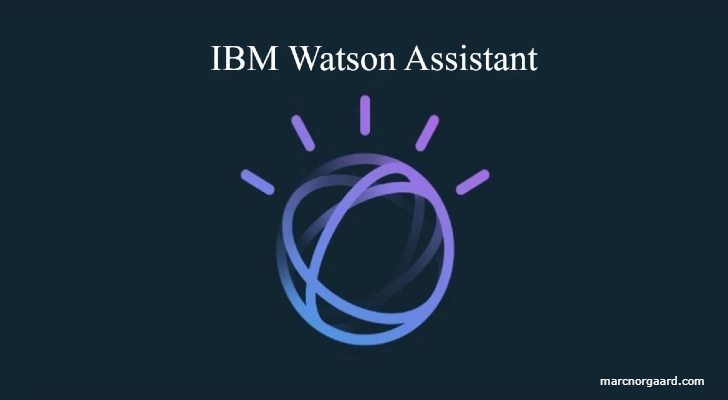
9. Rasa
Rasa is an open-source alternative prized for its flexibility and focus on conversational AI development and deployment. Unlike some plug-and-play options, Rasa provides developers with tools to build sophisticated, context-aware chatbots and voice assistants from scratch. With an emphasis on machine learning, Rasa facilitates continuous improvement and adaptation of the AI models based on real conversation data, thereby offering businesses and developers complete control over their conversational AI destiny.
10. Teneo by Artificial Solutions
Completing our list is Teneo by Artificial Solutions, a conversational AI platform designed for enterprise utilization. Teneo stands out with its strong multilingual support and its ability to seamlessly integrate into existing business infrastructures. Its focus on delivering conversational experiences that drive insight, retention, and ROI makes it a formidable contender for global companies looking for an AI partner to enhance customer engagement and automate complex dialogs across various languages and channels.
While ChatGPT has certainly revolutionized the conversational AI space, the alternatives highlighted herein demonstrate the diversity and specialization available in 2023. Each platform and model brings its own strengths to a range of applications, from personal AI companionship to enterprise-level customer engagement. Whether it's emotional intelligence, fine-grained control, open-source agility, or multilingual prowess, there is a solution out there to meet the rapidly changing demands of users and businesses alike. The evolution of AI chat remains an exciting and dynamic frontier, with innovation as its driving force.

